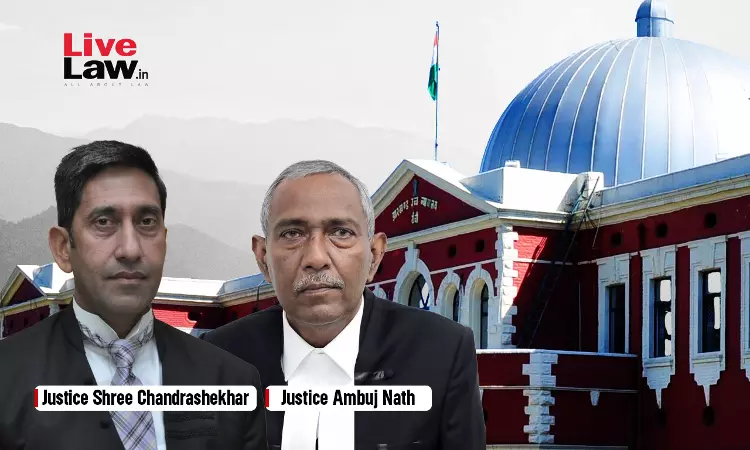Jharkhand High Court Dismisses Contempt Proceedings Against State's Advocate General And AAG
Bhavya Singh
9 May 2024 11:45 AM IST

Next Story
9 May 2024 11:45 AM IST
The Jharkhand High Court has granted substantial relief to the state's Advocate General Rajeev Ranjan and Additional Advocate General Sachin Kumar, in a petition seeking initiation of criminal contempt proceedings against them. The petition stemmed from alleged remarks and conduct while seeking the recusal of Justice Sanjay Kumar Dwivedi from a matter.For context, a single bench of the High...
